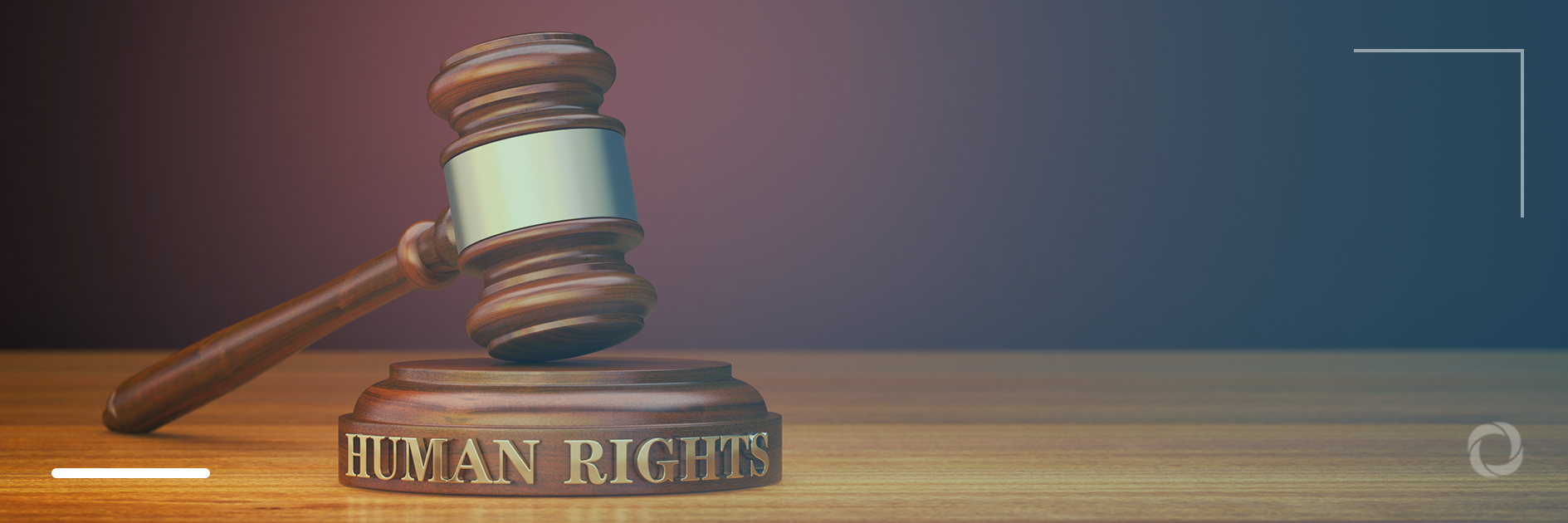Confirming that Nepal has failed to fulfill its international human rights responsibilities, Advocacy Forum-Nepal, Human Rights and Justice Centre, and Justice and Rights Institute-Nepal (JuRI-Nepal) have called on the Government of Nepal (GoN) to comply with its national and international human rights obligation and end the continued impunity on human rights violations.
Issuing a joint statement today on the occasion of 30 years since the ratification of the International Covenant on Civil and Political Rights (ICCPR) by Nepal, these human rights bodies have urged the GoN to establish a separate and independent investigative mechanism to examine the cases of serious human rights violations and ensure victims’ access to truth and justice in line with the order of the Supreme Court of Nepal (SC). Nepal ratified the ICCPR on 14 May 1991.
- Five years after the ratification of ICCPR, Nepal witnessed the beginning of an internal armed conflict that lasted for a decade (1996-2006)
- The country witnessed the widespread and systematic practice of gross human rights violations during the conflict
- In October 2008, the United Nations Human Rights Committee (HRC) rendered its first decision ‘Views’ for an individual complaint against Nepal
- The HRC has decided to consider a total of 26 cases against Nepal
- These cases include various issues such as torture and other forms of inhumane or degrading treatment, extra-judicial killings, unfair trials, enforced disappearances, sexual violence, and forced child labor among others
- The recommendations from the HRC also include an effective policy regarding the cases, prosecution, and punishment to the perpetrators that should be commensurate to the gravity of each crime
It is notable that, in 2015, the SC of Nepal found several sections of the Enforced Disappearances Enquiry, Truth and Reconciliation Commission Act, (TRC Act, 2014) to be unconstitutional and non-compliant with Nepal’s international obligations. Furthermore, on 26 April 2020, the Court rejected petitions from the GoN to review and revise the 2015 decision. Unfortunately, no concrete steps have been taken by the GoN to amend the law in line with the SC’s order and international human rights laws.
“In most of the conflict-related cases submitted before the HRC, the government referred transitional justice mechanisms i.e., Truth and Reconciliation Commission (TRC) and Commission of Investigation on Enforced Disappeared Persons (CIEDP) would address the violations of the related case. However, the HRC has clarified that transitional justice mechanisms cannot replace the criminal justice system in providing access to justice and redress to victims of gross human rights violations and their relatives,” the joint statement reads.
These rights bodies have also called upon the GoN to implement the recommendations of each individual complaint in consultation with the respected victim(s) and their legal representatives and to ensure that other cases of gross human rights violations are addressed with willingness and in line with the decision of the SC and international standards.
An amendment to the ‘TRC Act, 2014’ in line with both the judgment rendered by the SC and international standards and the correction of a previous mistake in reappointing a new set of commissioners in TJ mechanisms in a fair and transparent manner under the revised TRC Act are among other demands being made of the GoN.

